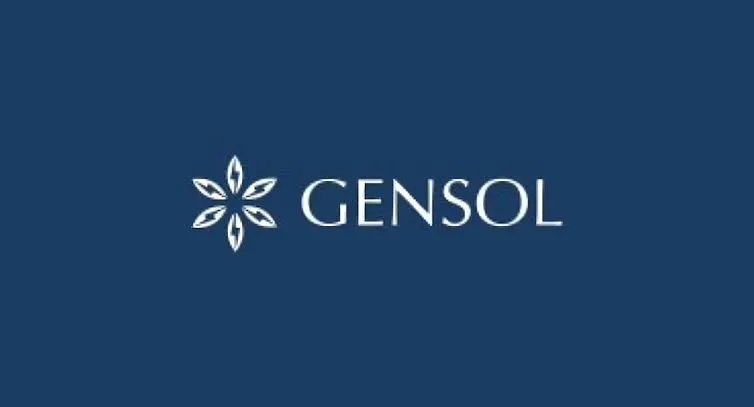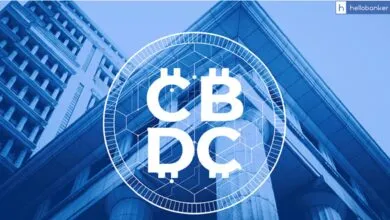SEBI has banned Gensol Engineering Over Fraud and Misuse of Funds

The Securities and Exchange Board of India (SEBI) has taken strict action against Gensol Engineering Limited and its two promoter-directors, Puneet Singh Jaggi and Anmol Singh Jaggi. In an interim order issued in April 2025, SEBI has banned the company and its promoters from taking part in the securities market (such as buying or selling shares) until further notice.
Gensol Engineering Limited (Gensol/GEL/Company), a company having its registered office at 15th Floor, A Block, Westgate Business Bay, S G Road, Ahmedabad – 380 051, is engaged in providing solar consulting services, Engineering, Procurement and Construction (EPC) services, leasing of electric vehicles, etc.
Gensol was initially listed on the BSE SME Platform on October 15, 2019 and subsequently, it got listed on the main board of BSE and NSE on July 03, 2023.
The Company has grown impressively over the past few years as per the information available on Screener.in. On a standalone basis, the sales of the company have grown from Rs. 61 Crore in FY 2017 to Rs. 1,152 Crore in FY 2024. The trailing 12-month data shows that its sales went up to Rs. 1,297 Crore. During the same period, operating profit went up from Rs. 2 Crore to Rs. 209 Crore and net profit from Rs. 2 Crore to Rs. 80 Crore. The same is depicted in the table below:
The Jaggi brothers have also been barred from holding positions as directors or key managerial personnel in the company due to serious concerns about misuse of funds and poor corporate governance.
What Triggered SEBI’s Action?
The action started after SEBI received a complaint in June 2024. Following its investigation, SEBI found initial (prima facie) evidence that the promoter-directors had diverted company money and used it for personal gain.
This includes using company loans for personal expenses, buying luxury real estate, and even transferring money to their close relatives. These actions were done in a fraudulent way, and the promoters were the main beneficiaries.
Loan Misuse and Fake Documents
SEBI found that Gensol had taken loans worth ₹978 crore from public institutions like IREDA and PFC. A portion of this money, which should have been used for business purposes, was allegedly spent on personal and unrelated things.
Also, Gensol is accused of giving false documents to SEBI, credit rating agencies, banks, and investors—misleading them about the company’s financial position.
Misuse of Public Company Funds
SEBI noted that the promoters were treating the company, which is listed on the stock exchange, as their own personal business. They were moving company money to related parties (connected people or businesses) and using it for non-business purposes. This kind of fund movement, according to SEBI, could result in serious losses for investors.
The regulator also found that internal checks and controls within Gensol were very weak, allowing even restricted (ring-fenced) funds to be misused. Because of these serious issues, SEBI has also stopped Gensol’s planned stock split.
Share Price Crash and Downgrades
After these events came to light, Gensol’s share price crashed sharply—dropping almost 90% from its all-time high of ₹1,147 to around ₹129. The stock is now placed in the ‘T’ Group by the stock exchange, which means limited trading is allowed (no intraday trading or speculative buying/selling).
The fall in stock price worsened when two major rating agencies—ICRA and CARE Ratings—downgraded Gensol. CARE even marked the company as defaulting, and ICRA flagged delays in loan repayments and problems in how the company was being run.
Retail Investor Losses and Mutual Fund Status
As of December 2024, Gensol had nearly 1 lakh small investors (retail shareholders). Many of them have now seen large losses in the value of their investments. Fortunately, Indian mutual funds had no exposure to Gensol during this period, so mutual fund investors were not affected.
